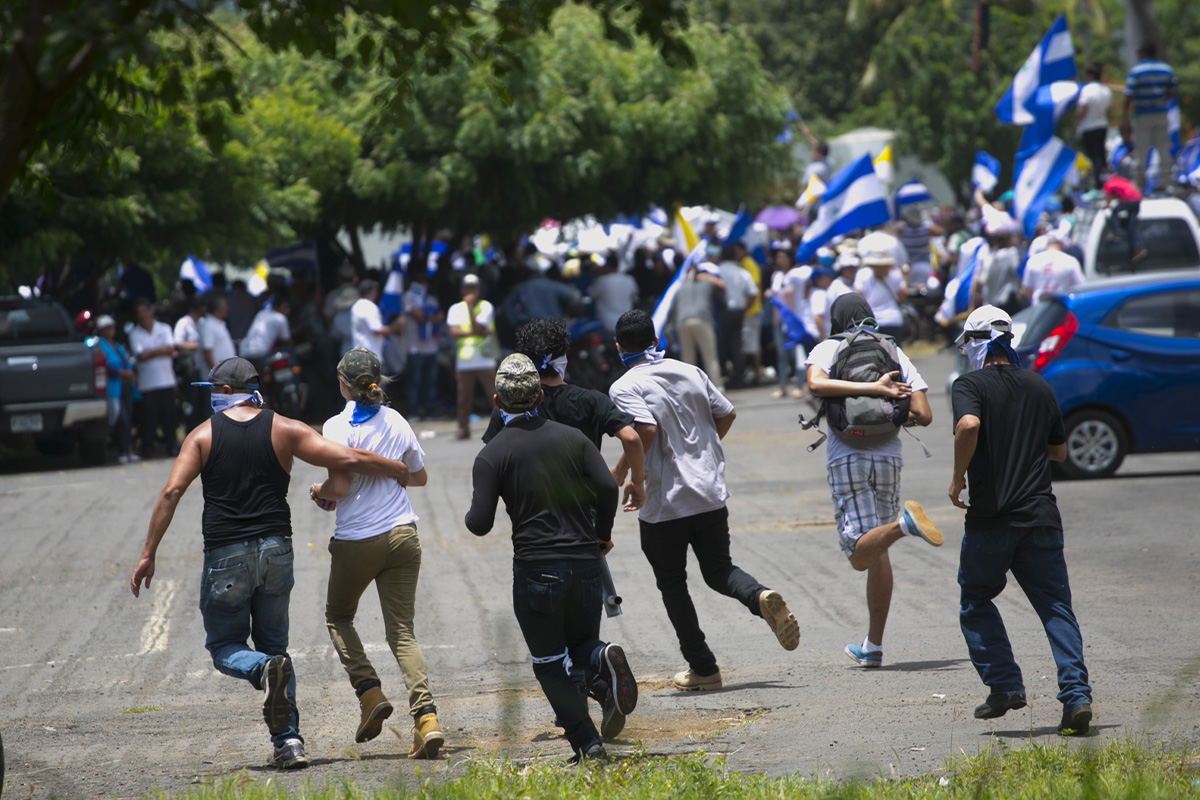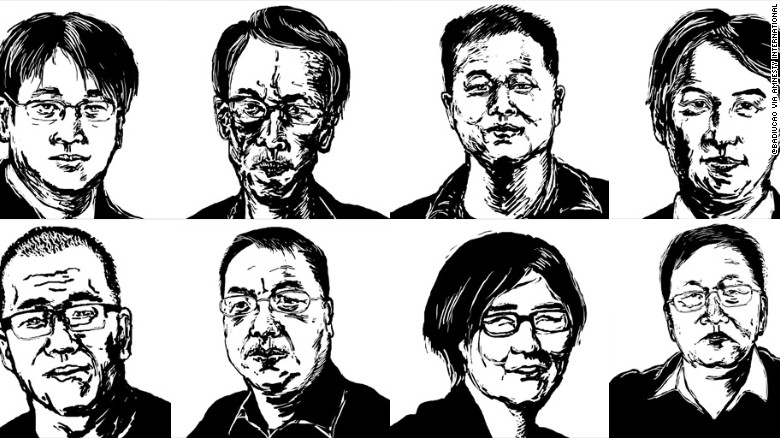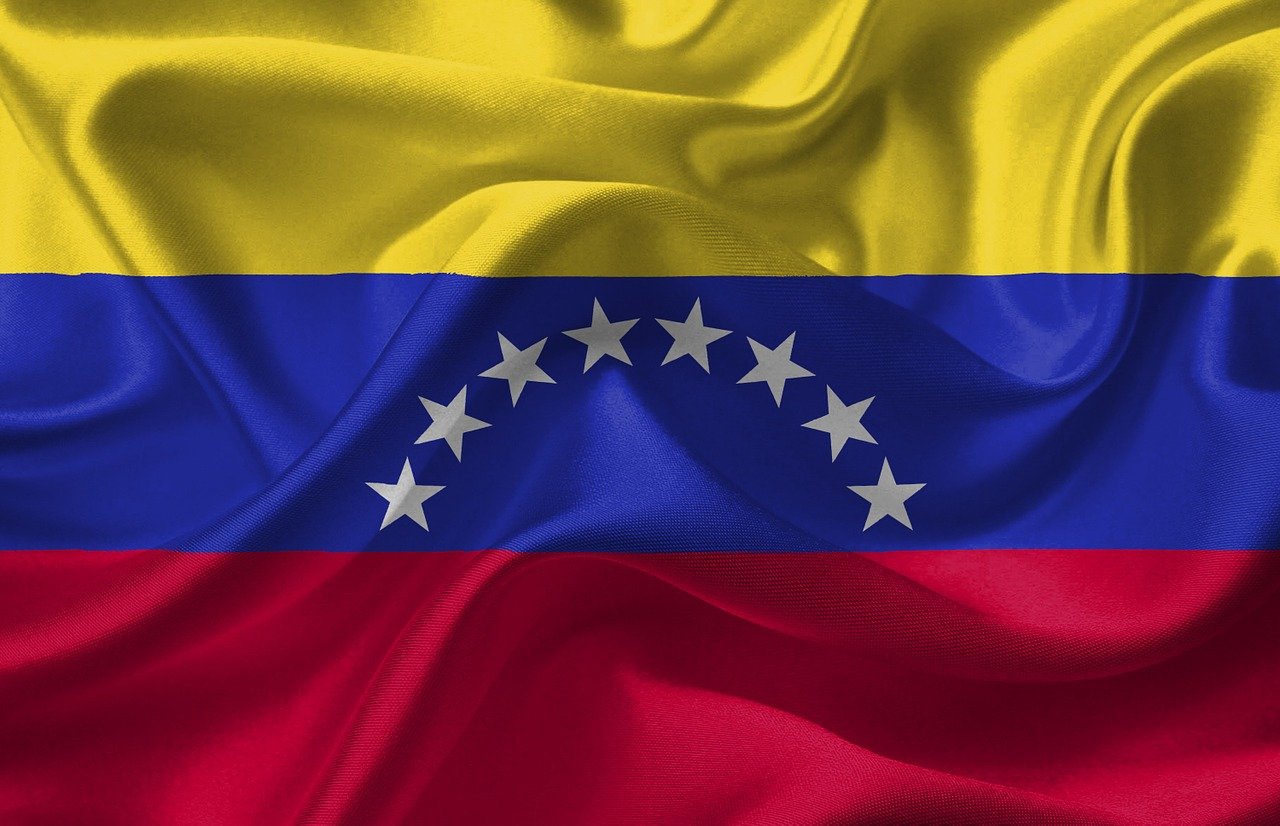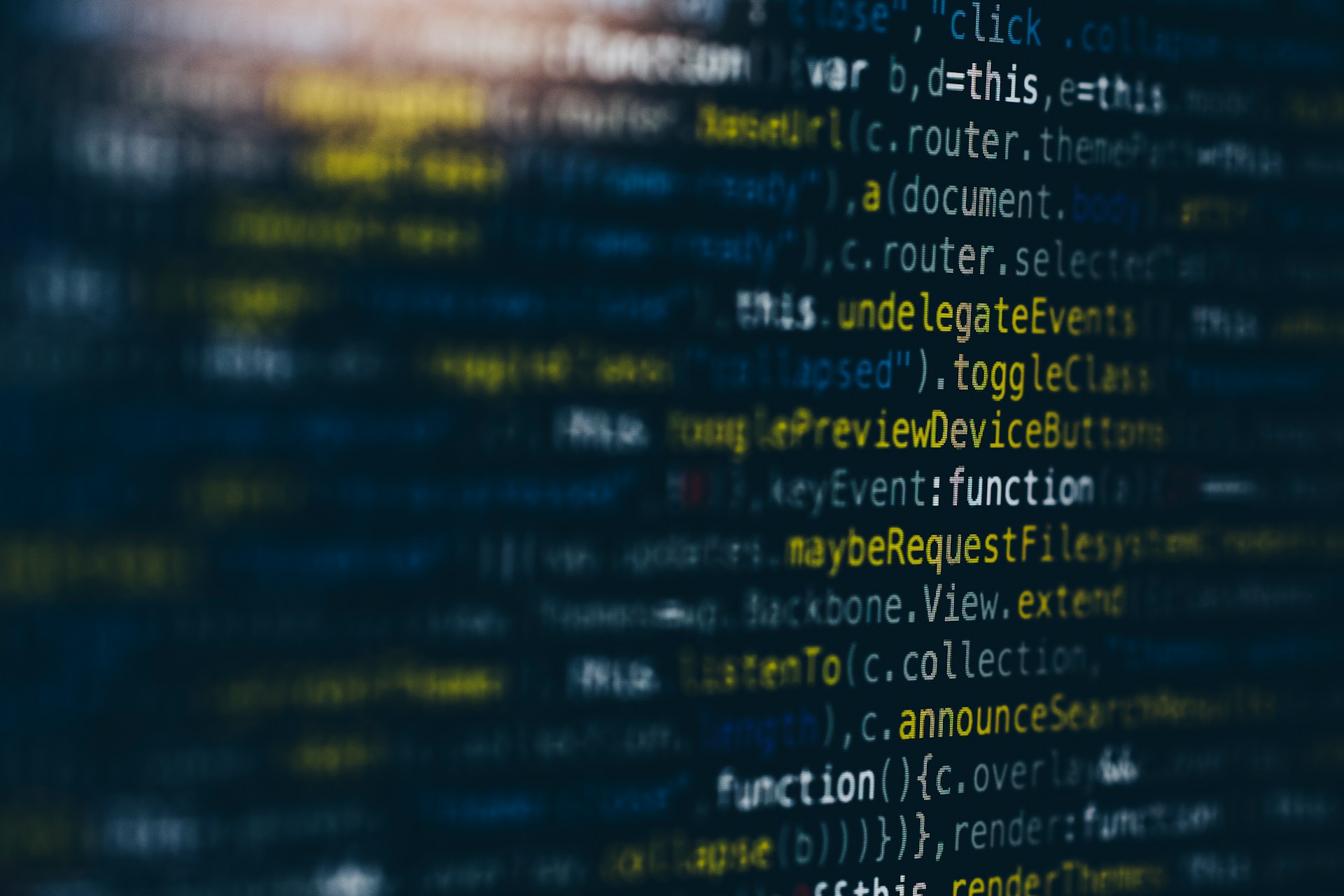本篇中文版,请点击.
A mother does not know whether her son’s health is failing.
A lawyer does not know how to defend his client, or else is informed – by a third party – that she has been dismissed by the defendant.
A family loses their income, their home and even the ability to enroll their son in school.
All of the above are the human impacts of a legal form of detention in China known as ‘residential surveillance in a designated location,’ or RSDL, and all are violations of basic human rights. Eighteen UN experts agree, and in August sent a letter to the Chinese government making clear that, for these and many other reasons, the law is incompatible with international law and should be repealed immediately.
The common thread running through the July 2015 or ‘709 crackdown’ in China, and continuing through today, is the use of this nominally-legal measure to detain human rights defenders for up to six months, without access to family or lawyers.
‘Placement in RSDL is tantamount to an enforced disappearance,’ say the experts, in that it consists of placing individuals under incommunicado detention for investigation for prolonged periods without disclosing their whereabouts – in short, in secret detention.
Recommendations from the UN Committee against Torture calling for the repeal of RSDL, made during its 2015 review of China, ‘do not seem to have been taken into account,’ added the experts, who reiterated the fact that if detentions are to be justified, the detainees should be formally accounted for and held in formal places of detention.
‘RSDL is a deliberate measure to detain persons outside the somewhat better monitored and regulated detention centres. It undermines any other efforts by China to prevent the use of torture,’ said Nicola Macbean at The Rights Practice.
Says Sarah M. Brooks, Asia advocate at ISHR: ‘Activists and victims have for years emphasized to UN mechanisms that RSDL, no matter the legal basis, is in violation of the Chinese Constitution and China’s international obligations.’
‘The UN has said, repeatedly and unequivocally, that they agree. Nonetheless, China continues to disappear those it deems dangerous – even if, like Gui Minhai, they are not even Chinese citizens.’
On arbitrary detention, the experts add that ‘the extensive powers attributed to the police with regard to RSDL cases pose serious concerns with regard to… the independence of the judiciary.’ This is exacerbated by a series of rulings by the Supreme People’s Procuratorate and revised regulations that limit the ability of lawyers to take on such cases without themselves risking retaliation by relevant authorities, such as the suspension or revocation of their license or even criminal indictment.
The Measures for the Administration of Law Firms and Measures on the Administration of Lawyers’ Practice have further hampered lawyers’ freedom of assembly, speech and expression, according to Albert Ho, the Chairperson of the China Human Rights Lawyers Concern Group.
Ho adds, ‘A total of 17 human rights lawyers have had their licenses revoked or invalidated since 2017, with more than half of them involved in cases related to the 709 Crackdown.’
Risks of torture are almost inevitable in such incommunicado detention, a fact not exclusive to China. But the experts specify that many forms of acts which may amount to torture are not defined as such in Chinese law. This includes excessively long solitary confinement and interrogation, as well as threats against and harassment of family members.
Take the case of human rights lawyer Wang Quanzhang. Wang has been missing for over three years, says Michael Caster of Safeguard Defenders, including six months in RSDL, ‘apparently locked up because he dared to use Chinese law to defend the rights of persecuted minorities.’
‘Wang’s family has not only been refused any information about his location or condition, but has also been subject to relentless persecution by the state,’ says Caster.
Wang’s wife, Li Wenzu, has been surveilled and detained due to her activism on his case, and their son was prevented from enrolling in kindergarten.
Additionally, forced medical treatment – along with the more traditional denial of adequate medical treatment – raised concerns as related to the protection and realization of the right to an adequate standard of health.
‘Denying detainees urgent medical treatment is a malicious form of torture and cruel punishment,’ said Renee Xia, international director of the Network of Chinese Human Rights Defenders (CHRD).
‘The Chinese government should not enjoy impunity for the recent deaths in custody of Chinese human rights defenders like Liu Xiaobo, Cao Shunli, and Tenzin Delek Rinpoche.’
The experts conclude that ‘RSDL… is being used to muzzle the peaceful and legitimate rights to freedom of expression and to peaceful assembly and association of individuals expressing dissenting or critical views… and extends the police and the public security organs’ discretionary powers to arbitrary arrest and unlawfully detain individuals and in conditions that may amount to secret detention and enforced disappearance.’
This letter to the government was sent at a time when the National People’s Congress was meant to be considering a series of amendments to the Criminal Procedure Law. Such processes, while accommodating a box-checking exercise of soliciting public input, should reflect the UN experts’ concerns. The Chinese government has not yet responded to the letter. Human rights groups, however, hold out limited hope that the letter alone will result in changes in China’s law and practices.
‘A letter alone is of limited utility, especially in China. Defenders who might seek to use this to press for reforms would, in doing so, risk detention themselves,’ says Brooks.
‘However, we hope that governments around the world who support the work of human rights defenders and those who know firsthand the serious impacts of enforced disappearance will take this forward.’
Xia of CHRD concurs: ‘UN human rights bodies, and governments at the Universal Periodic Review, must continue to raise this pattern of abuse at all times.’
The UN’s Universal Periodic Review of China, to be held on 6 November, is a chance for governments to press for the abolition of ‘residential surveillance in a designated location’ and all similar practices, and the release of and provision of remedy to victims of RSDL – including brave defenders like Wang Quanzhang.
This statement has been endorsed by the China Human Rights Lawyers Concern Group, the International Service for Human Rights, the Network of Chinese Human Rights Defenders, Safeguard Defenders and The Rights Practice.
For more information, please contact: Sarah M. Brooks at s.brooks[at]ishr.ch or on Twitter @sarahmcneer.
Image credit: Badiucao for Amnesty International




